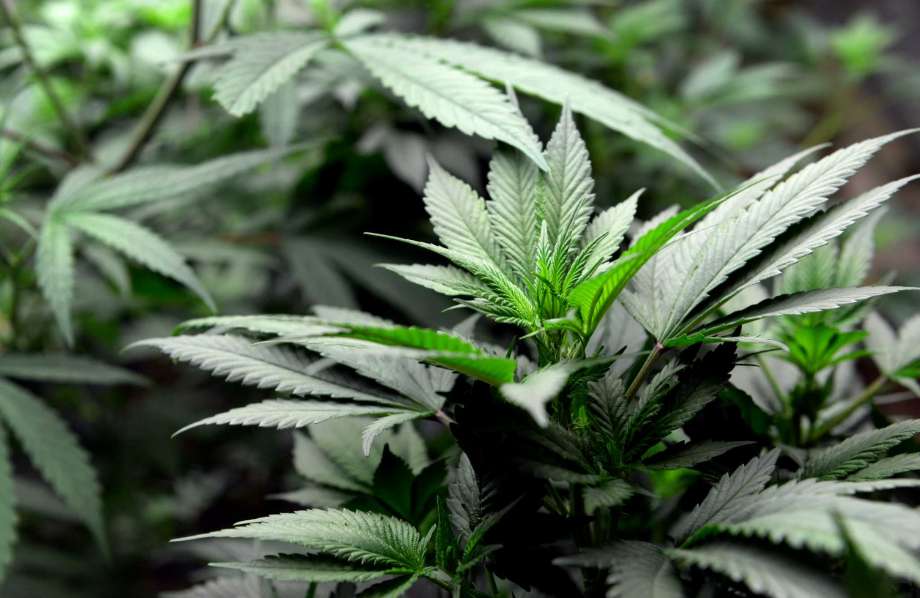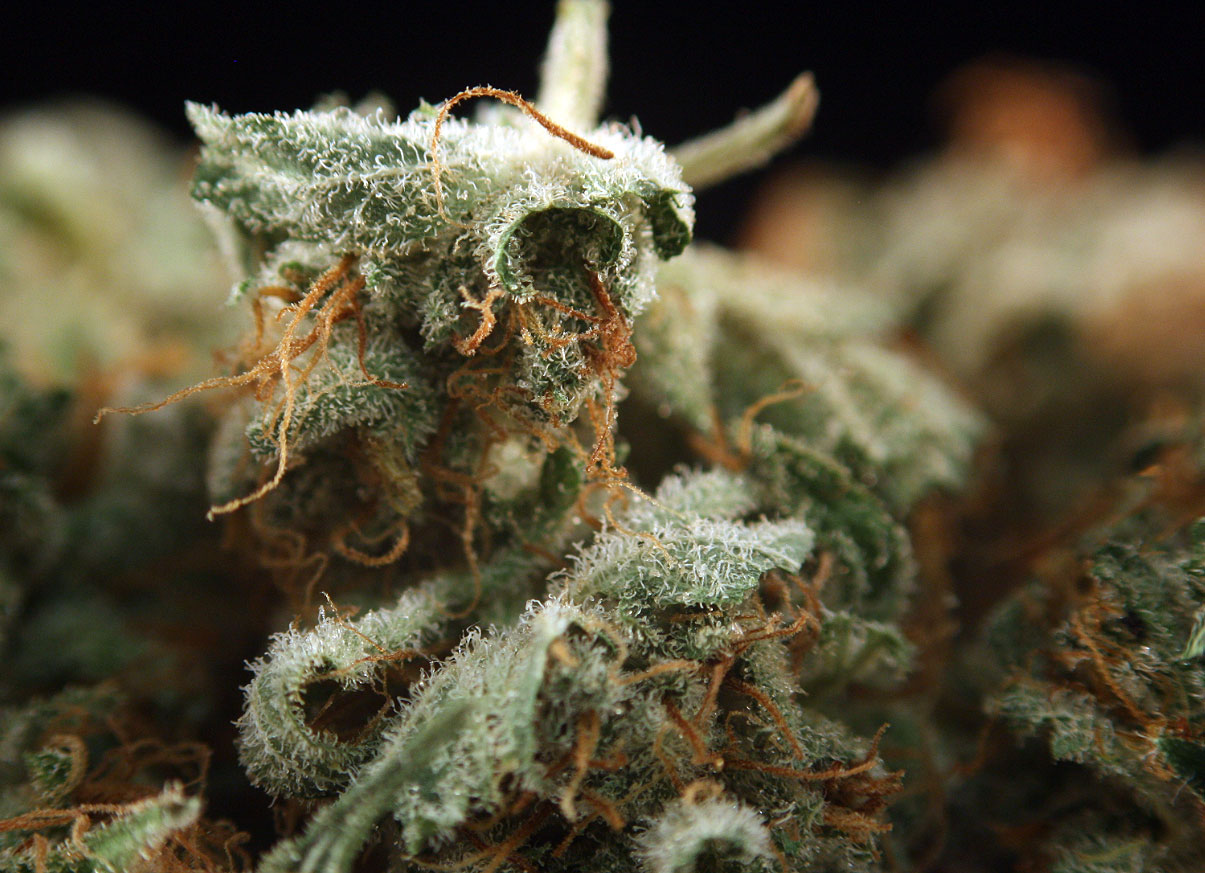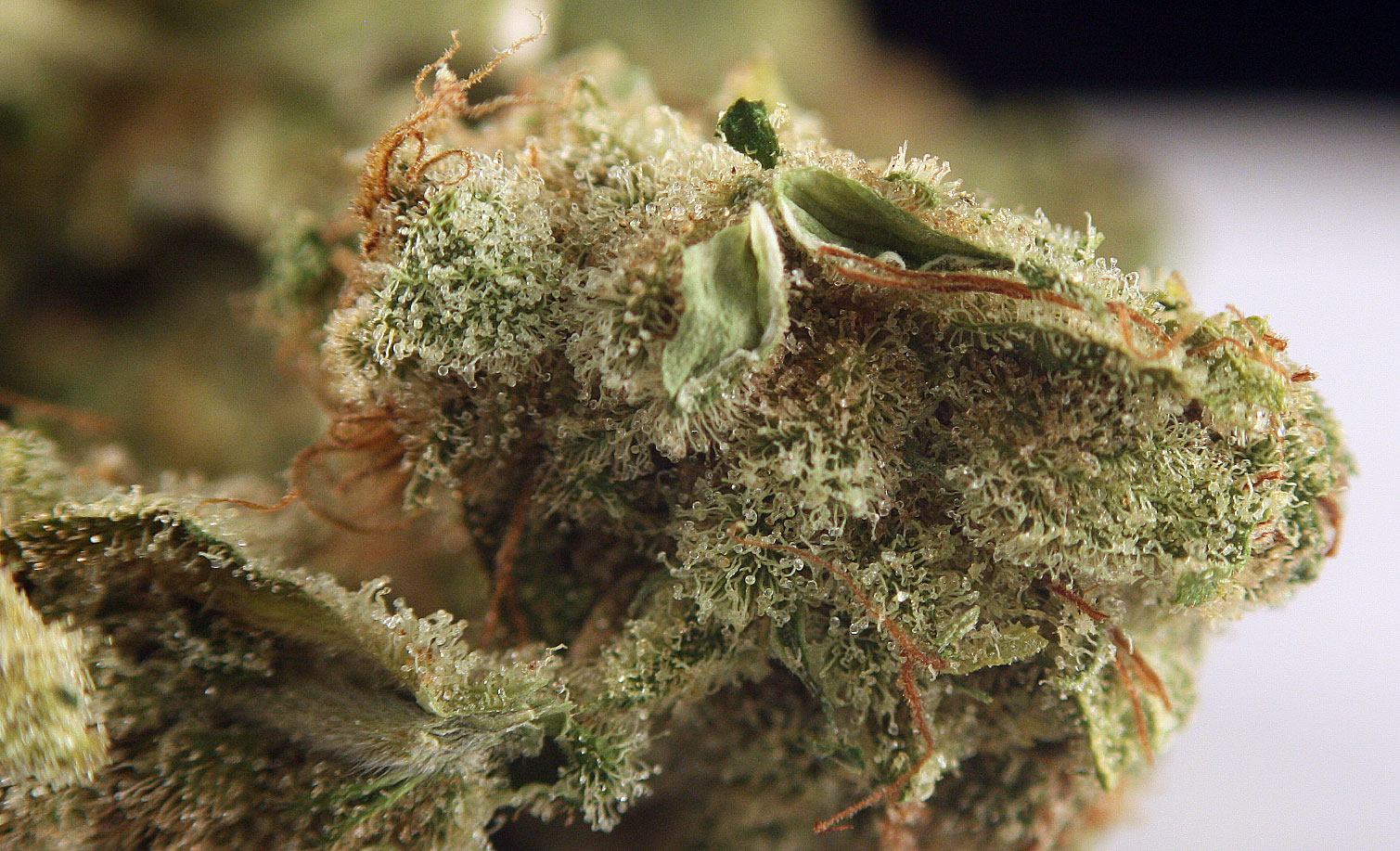 Our friends from the Yes on 64 Campaign, the ballot measure to legalize marijuana here in California, have alerted us to some pretty cool news. They say that the official arguments submitted by anti-marijuana opponents that’ll appear on the upcoming November ballot contain multiple statements that are categorically and provably wrong. So basically weed haters lied and our friends can prove it. Check out the press release:
Our friends from the Yes on 64 Campaign, the ballot measure to legalize marijuana here in California, have alerted us to some pretty cool news. They say that the official arguments submitted by anti-marijuana opponents that’ll appear on the upcoming November ballot contain multiple statements that are categorically and provably wrong. So basically weed haters lied and our friends can prove it. Check out the press release:
SACRAMENTO, CA – The Yes on Proposition 64 campaign announced today that official ballot arguments submitted by the measure’s opponents contain multiple and gratuitous “false and/or misleading statements” and that it has filed suit in Superior Court demanding that those statements be rejected, deleted or substantially amended.
“Defenders of the failed war on marijuana are entitled to their own opinions but not their own facts,” said Jason Kinney, spokesperson for Yes on 64. “More so than any I’ve seen in recent memory, the ballot arguments submitted with a straight face by the opponents fundamentally and factually misrepresent this ballot measure and are riddled with obvious falsehoods. These aren’t evidence-based arguments – they are scare tactics – and they’re sadly reminiscent of the ‘reefer madness’-style disinformation campaigns that subverted honest dialogue around this issue for decades.”
“California’s voters demand and deserve better – and I have every confidence that an objective legal authority will reject these false and misleading statements out of hand,” he continued.
 Gratuitous false and misleading statements contained in either the Argument Against Proposition 64 or the Rebuttal to the Argument in Favor in Proposition 64 – submitted by the opposition – include:
Gratuitous false and misleading statements contained in either the Argument Against Proposition 64 or the Rebuttal to the Argument in Favor in Proposition 64 – submitted by the opposition – include:
FALSEHOOD #1: “Children will be exposed to ads promoting marijuana gummy candy and brownies . . .”
FACT: The statement is false and/or misleading because Proposition 64 specifically prohibits marijuana products “designed to be appealing to children or easily confused with commercially sold candy or foods that do not contain marijuana.” (Exh. K, p. 33 [New Bus. & Prof. Code, § 26130(a)(1)].) Proposition 64 also prohibits advertising of marijuana or marijuana products “in a manner intended to encourage persons under the age of 21 years to consume marijuana or marijuana products,” and prohibits advertisements containing “symbols, language, music, gestures, cartoon characters, or other content elements known to be appeal primarily to persons below the legal age of consumption.” (Id. at p. 35 [New Bus. & Prof. Code, § 26152 (e), (f)].) Since Proposition 64 BOTH prohibits the manufacture of marijuana gummy candy and brownies that could be easily confused with non-marijuana-containing foods AND prohibits advertisements directed at children, it is provably false to suggest children will in any way be exposed to advertisements promoting marijuana gummy candy or brownies.
 FALSEHOOD #2: “Proposition 64 . . . would repeal countless consumer protections just passed last year and signed into law by Governor Brown.”
FALSEHOOD #2: “Proposition 64 . . . would repeal countless consumer protections just passed last year and signed into law by Governor Brown.”
FACT: The statement in the Argument Against Proposition 64 is false and misleading because Proposition 64 does not “repeal” any recently enacted laws, including the new consumer protections signed into law last year by Governor Brown for medical marijuana. In fact, Proposition 64 specifically doesn’t impact the new Medical Marijuana Safety and Regulation Act (MMRSA). Instead, it builds on those laws and protections and adopts them as the framework for a new, regulated adult-use marijuana system.
FALSEHOOD #3: “Rolls back the total prohibition of smoking ads on TV.” “Why does Proposition 64 exempt marijuana from the ban on smoking commercials on TV?” “Proposition 64, in effect, overturns a 45-year ban on smoking ads on television . . . .”
FACT: These statements are false and misleading because the Public Health Cigarette Smoking Act of 1969, a federal law, bans tobacco smoking advertisements on television. The federal Controlled Substances Act separately makes it illegal to use television broadcasts as a means of advertising the sale or use of marijuana. Proposition 64 cannot, as a matter of law, “roll back” or “overturn” these federal laws, or “exempt” any conduct from these federal laws.
FALSEHOOD #4: “Proposition 64, in effect, overturns a 45-year ban on smoking ads on television, legalizing marijuana ads airing to millions of children and teen viewers.” “These marijuana smoking ads will be legal on all broadcasts primetime shows and approximately 95% of all broadcast television programming.”
FACT: These statements are false and misleading because the federal Controlled Substances Act makes it illegal to use television broadcasts as a means of advertising the sale or use of marijuana. Proposition 64 cannot, as a matter of law, “legalize” or make “legal” the broadcast of marijuana-related advertisements that are illegal under federal law. Only a change in federal law could make the broadcast of such advertisements legal.
Proposition 64 is a consensus measure based on recognized best practices and recommendations from hundreds of engaged citizens and organizations. It includes strong safeguards for children, workers, local governments and small businesses and strict anti-monopoly provisions and the toughest warning label and marketing-to-kids laws in the nation.
It is supported by the California Academy of Preventative Medicine and the California Medical Association — as well as California Lieutenant Governor Gavin Newsom, bipartisan elected officials including Democratic U.S. Reps. Ted Lieu and Jared Huffman and Republican U.S. Rep Dana Rohrabacher, and an unprecedented coalition including environmental leaders, business owners, small farmers, civil rights groups, public safety experts and social justice advocates. Paid for by Yes on 64, Californians to Control, Regulate and Tax Adult Use of Marijuana while Protecting Children, sponsored by business, physicians, environmental and social-justice advocate organizations. Major funding from Sean Parker and affiliated entities and Drug Policy Action – Non-Profit 501c4 (Committee).
Do you think California will finally legalize marijuana for recreational use this November? Let us know what you think in the comments section below…
Leave a Reply